In the hot summer, parents take their babies to the beach to play, enjoy the sea breeze, pat the seawater, and bathe in the sun on the beach. The happy parent-child time is so happy.
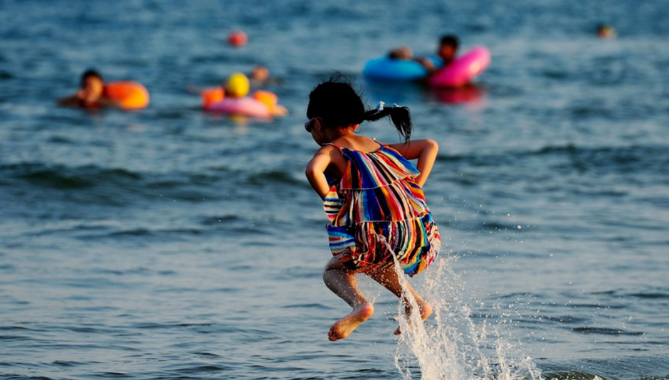
But the babies have delicate skin and during the play
In addition to sun protection,
The care of the belly button is also important
Avoid water and sand from entering without timely cleaning, which may cause infection
A mother asked, "Does the child still need to take care of the belly button when he is seven or eight years old?"
Of course! It's not just newborns who are prone to navel inflammation.
Inflammation may also occur in adults if improper care is performed
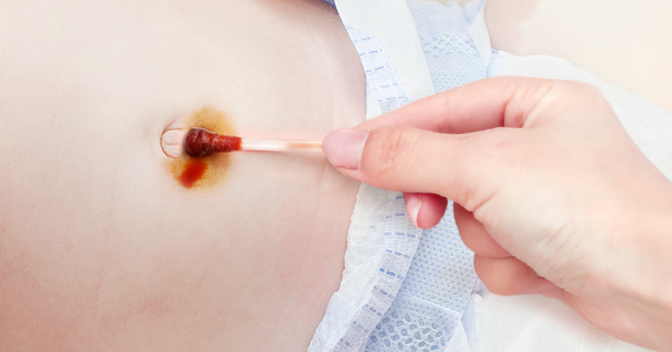
We can use an iodine cotton swab to clean the navel from inside to outside.
Use longterm convenient and efficient waterproof umbilical patch
"S" shaped incision, automatically unfolds after application, making it easier to peel off
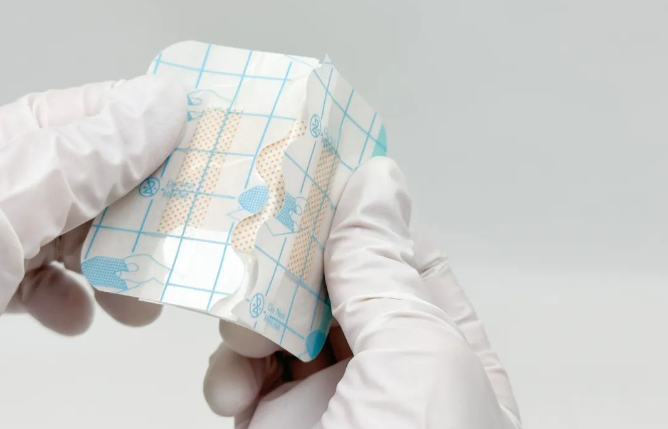
The core size is large, absorbing more liquid in a timely manner
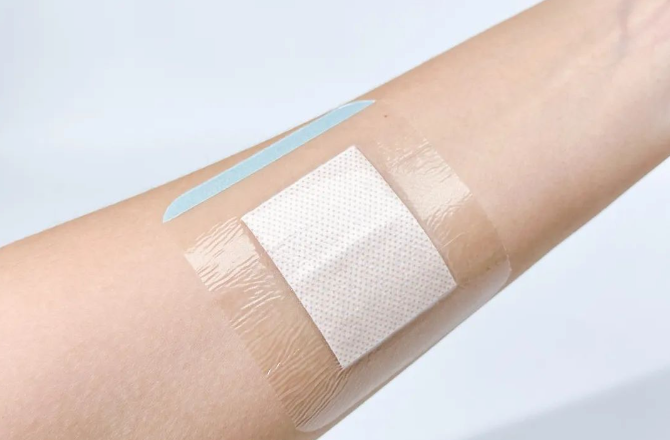
Care for baby's sensitive skin
All-round protection for the navel
Gentle adhesion, no harm to baby's delicate skin
Use low-sensitivity oil glue for coating
Low allergenicity, weak skin foreign body sensation
Prevents children from scratching and affecting the application effect
Waterproof and antibacterial, reducing the chance of ulcers and infections
Can prevent external bacteria from infecting the umbilical cord
Reduce the risk of inflammation
After washing with water, the core remains dry
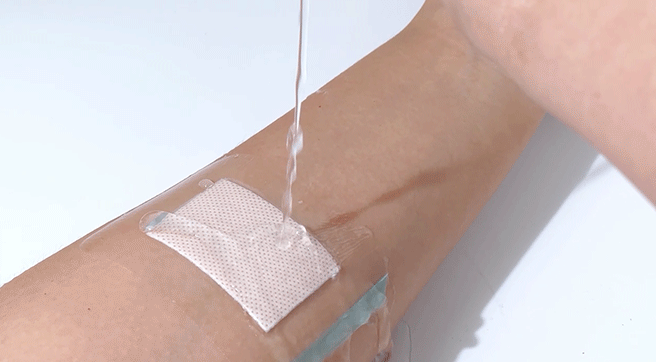
The core fits the navel soft and is comfortable
Keep your baby's umbilical cord area dry, clean and comfortable
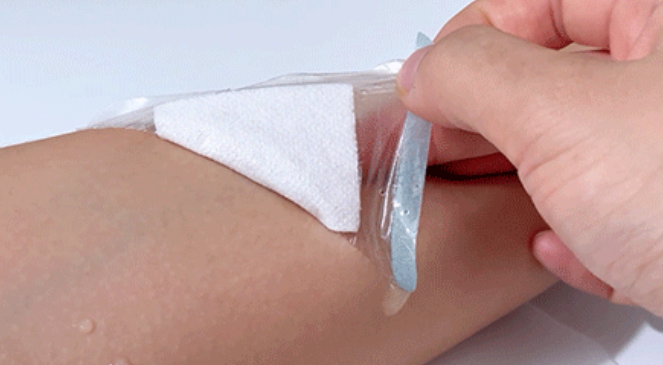
A good helper for protecting your baby's umbilical cord, you can have fun all summer
How to maintain the navel in daily life
1. Keep the area around the navel clean, especially in hot weather. Take a shower frequently, rinse the navel with a shower head, gently wipe the dirt with a soft towel, and dry the navel.
2. Keep warm. The navel is called the Shenque point in traditional Chinese medicine. Prevent the navel from getting cold. Do not use fans or air conditioners to blow towards your belly. Avoid wearing navel-exposing clothes.
3. Avoid accidental damage. Do not use digging, picking, squeezing, and other actions to remove the scale, so as to avoid accidental scratches that may cause bacteria to invade and cause infection;
4. If your navel shows any abnormal symptoms such as redness, swelling, heat, pain, or secretion, do not take any measures on your own and seek medical attention as soon as possible.

 English
English عربى
عربى Español
Español русский
русский 中文简体
中文简体














.jpg.png)

.jpg.png)


